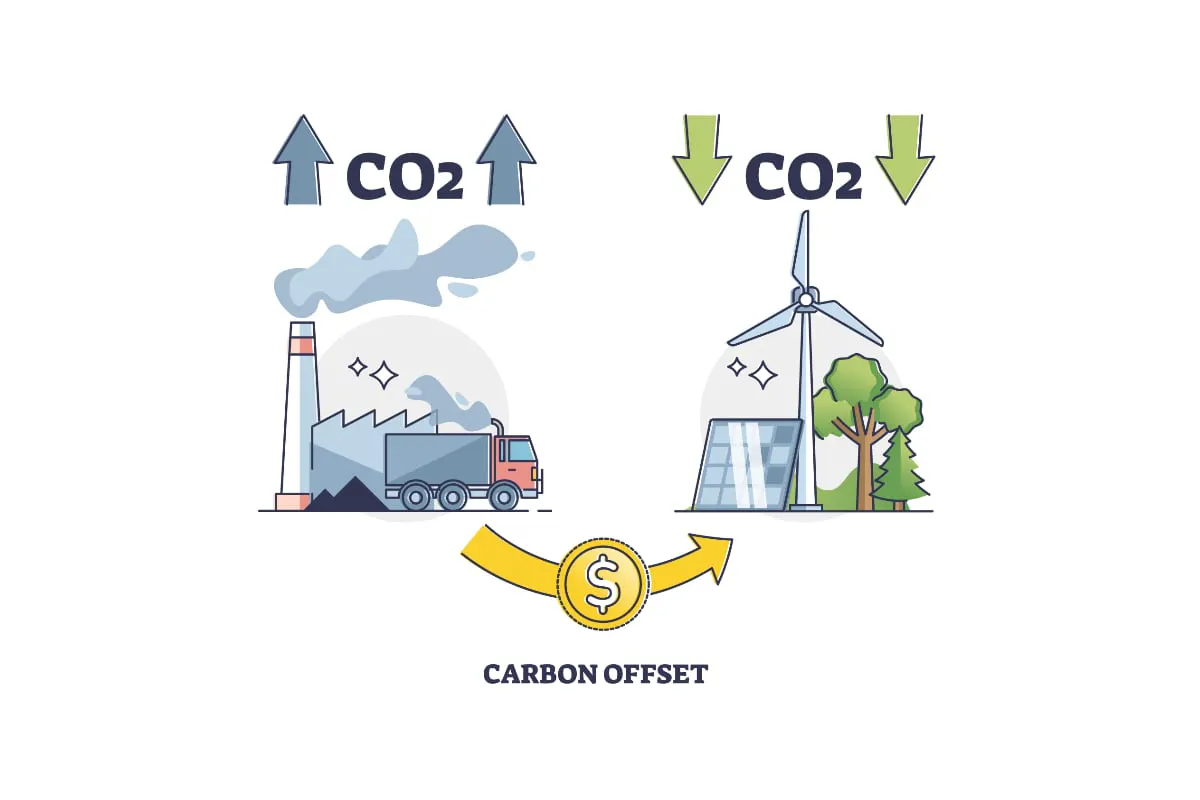On Tuesday May 28, the White House endorsed the use of carbon offset credits, introducing guidelines aimed at mitigating concerns about “greenwashing” and encouraging greater corporate investment in this contentious climate strategy. However, critics argue that the new rules lack enforcement power and fail to address whether the carbon market is a viable solution or merely a costly distraction benefiting major corporate polluters.
US Treasury Secretary Janet Yellen emphasized that companies should prioritize reducing their own emissions before turning to offsets, stating that offsets should complement these efforts. The proposal represents the most definitive guidance yet on carbon credit purchases. The guidelines are largely straightforward, advocating that carbon credits should represent genuine decarbonization and that credit-generating activities should avoid environmental and social harm. Notably, the guidelines support the controversial view that companies should be allowed to count offsets against a portion of their Scope 3 emissions, which are attributed to customers’ and suppliers’ activities. This stance aligns with the carbon trading industry’s perspective and may influence companies that had started to retreat from offsetting due to increasing evidence of fraud and misleading practices in the carbon market.
Mark Kenber, executive director of the nonprofit Voluntary Carbon Markets Initiative, noted, “Companies are now hearing from the US government that this isn’t just something you can do. It’s something you should do.”
In a related move, the Biden administration on Tuesday outlined broad government guidelines for the use of carbon offsets, aiming to bolster confidence in a method of addressing global warming that has come under increasing scrutiny.
Last year, companies and individuals spent $1.7 billion on voluntary carbon offsets, which are designed to neutralize the climate impact of activities such as air travel by funding projects like tree planting that remove carbon dioxide from the atmosphere. These projects are supposed to be additional and would not occur without the extra funding.
However, numerous studies and reports have revealed that many carbon offsets are ineffective. Some offsets finance wind or solar projects that likely would have been developed regardless, while the effectiveness of offsets aimed at forest conservation is often challenging to measure.
The new guidelines represent a significant step by the Biden administration to clarify the use of carbon offsets, despite the ongoing debate over their efficacy and integrity.







